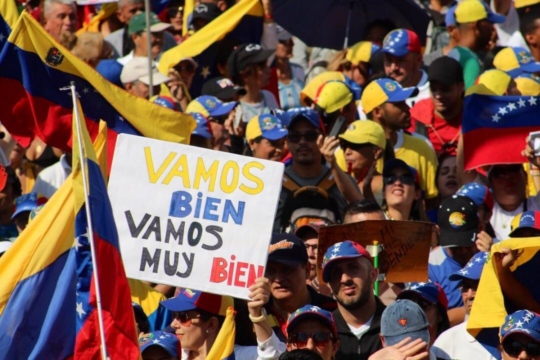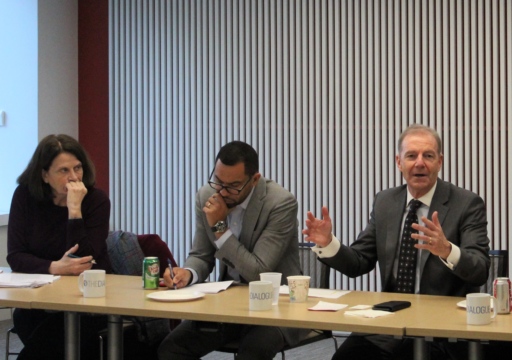
The Outlook for Latin America and the Caribbean Next Year
On December 13, the Inter-American Dialogue hosted an event for corporate program members called “The Outlook for Latin America and the Caribbean Next Year.”
On December 13, the Inter-American Dialogue hosted an event for corporate program members called “The Outlook for Latin America and the Caribbean Next Year.”
According to Stephen Walt, professor of international affairs at Harvard University’s John F. Kennedy School of Government, the past three decades of US foreign policy have led to unnecessary wars, tragic death and failed diplomacy. Walt shares his insights with Jane Wales, World Affairs CEO, about how to reorient US foreign policy and…
On Dec. 14, Dialogue Board member Brian O’Neill was appointed as executive vice president and COO of the Inter-American Development Bank. He will assume his new position on January 1, 2019.
Electric mobility would bring a host of benefits to Latin America. Countries like Chile are taking the lead in adopting electric buses and promoting private use of electric vehicles. Yet hefty price tags and a lack of charging infrastructure are among the barriers that must be surmounted for widespread uptake in the region.
Japan is upgrading its relations with Latin America with a focus on innovation, sustainable infrastructure and value chain development.
Brazil should build on its impressive efforts in renewable energy, clean transport, and deforestation reduction. But as President Jair Bolsonaro assumes power, one of the world’s largest economies is on the verge of relinquishing its role as an environmental leader and retreating from the fight against climate change.
What does 2019 hold in store for Latin American economies? Which countries will perform well economically, and which will struggle, and why?
We are pleased to announce that Dr. Jorge León has joined the Dialogue’s weekly Energy Advisor publication’s board of advisors.
Will Bolsonaro’s privatization plan achieve the results he anticipates?
What are the top factors driving Cuba’s economy, and how will they perform in the year ahead?
As the situation in Venezuela continues to unfold, Phoenix TV spoke with the Director of the Dialogue’s Asia & Latin America Program Margaret Myers on China’s position regarding the ongoing Venezuelan crisis, as well as how China’s approach to the country differs from Russia’s.
Even if Juan Guaido or another opposition figure finally takes the reins and starts fixing the oil sector in Venezuela, it will take years before oil exports can provide the economic boost needed to pull the nation out of the morass. Venezuela’s oil industry has been severely damaged, and there are questions about the long-term economic viability of its oil fields. Venezuelans will likely be disappointed with the pace of the economic turnaround under any new government—a risk that poses a real threat to political stability. Expectations ought to be tempered.
Family remittances to Latin America and the Caribbean experienced nearly 10% growth in 2018, one of the largest growth rates in the past 10 years. Growth in remittances stands in stark contrast to the sluggish 1.9% economic growth rate for the region. The countries with the highest remittance growth rates in 2018 included Haiti, Colombia, Brazil, Guatemala and Paraguay.
Energy Program Director Lisa Viscidi spoke with CGTN about US sanctions on Venezuela and the effects they are having, both in terms of raising the pressure on Nicolás Maduro and heightening the risk of deepening the country’s humanitarian crisis.
What would happen to Venezuela’s defaulted bonds if Maduro steps down, and what would happen to them if he remains in power?
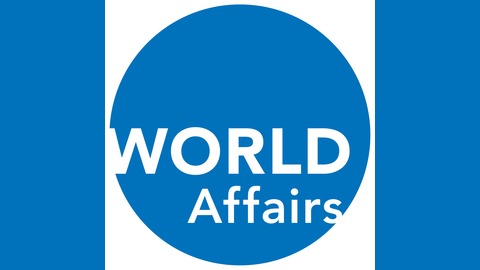

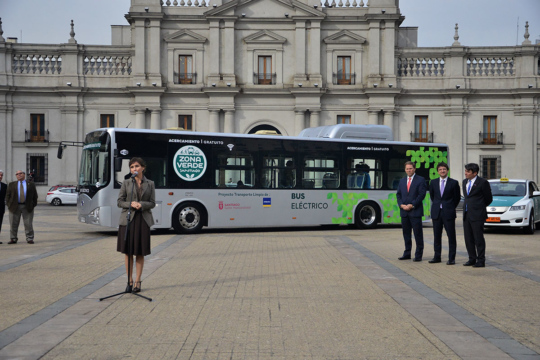
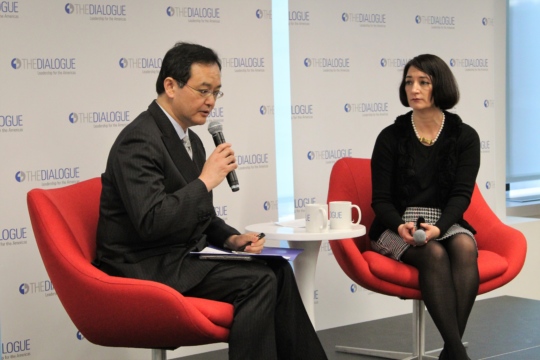 Video
Video
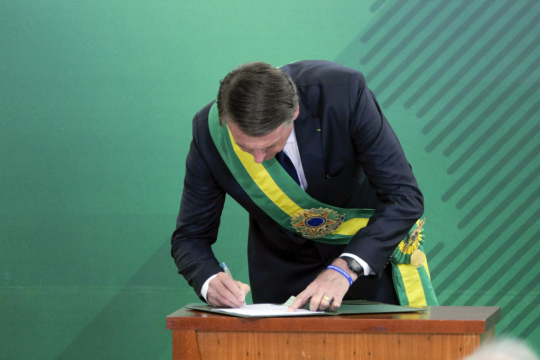
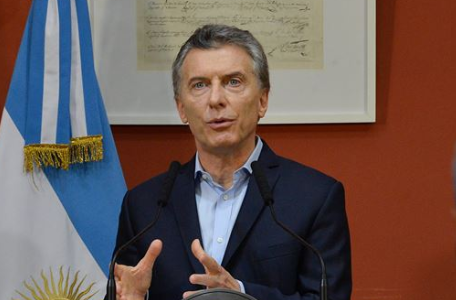
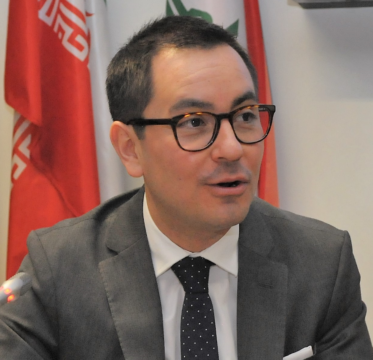
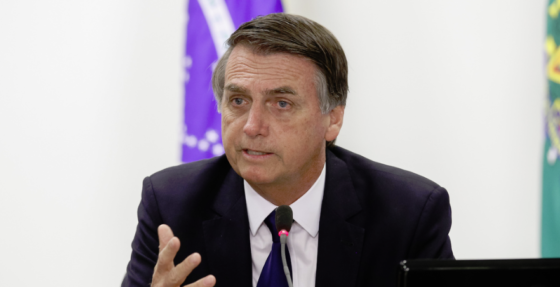
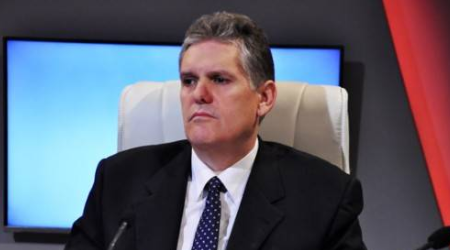
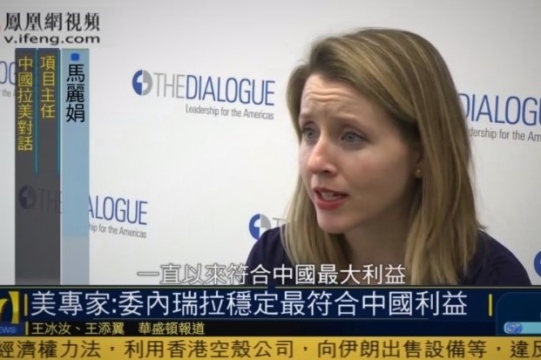 Video
Video
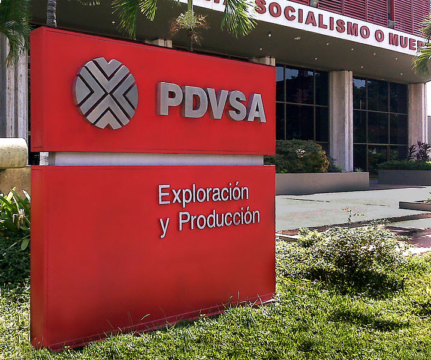
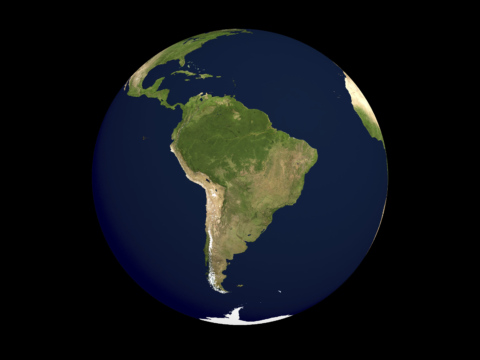
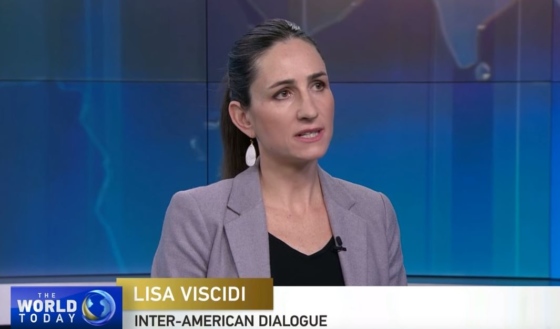 Video
Video
